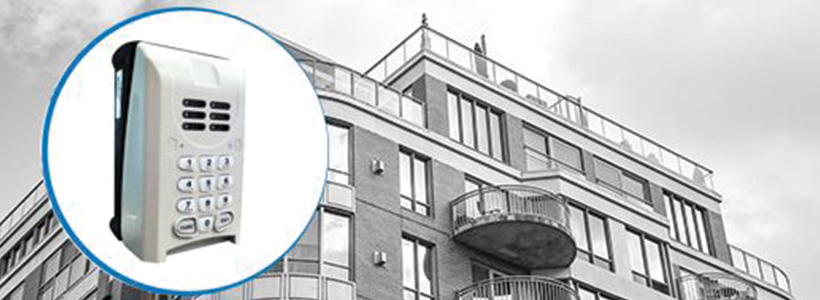With Halloween over and fake cobwebs packed up for another year, it’s easy to forget that for some home buyers and sellers, the fear doesn’t end with the season.
REALTORS® who work with stigmatized properties are faced with real challenges around what to disclose, how to manage the expectations of both buyers and sellers and how to cope with their own feeling and issues around grief, death and dying.
For Lorri Brewer, Broker/Owner of Infinite Realty Service, who recently spoke at CREB®, a near-death experience in 2010 transformed her career.
What is a stigmatized property?
Stigmatized properties are homes that may have an unfavourable quality but are not related to its physical condition. Stigmatized homes may be perfectly habitable, but may have a negative psychological effect on a potential buyer. Triggers for stigmatized properties can include:
- Murders or suicide;
- Regular criminal activity, including grow-ops or sex work;
- Reports of haunting or paranormal activity; or
- Next to cemetery or burial ground.
“The psychologically traumatizing event doesn’t directly affect the functionality or appearance of the home but may trigger a negative psychological effect on a potential buyer that would prevent them from buying the home,” said Brewer. “This negative effect of the stigmatizing event may make it much harder to sell and could ultimately adversely affect its market value and the market value of the entire neighborhood.”
Top three things you can do to sell stigmatized properties
With a stigmatized property, many REALTORS® will feel forced to reduce the price of the home dramatically to compensate for the home’s issues. If you’re selling a stigmatized property, it’s important to know what you need to do to deal with this challenging situation. Brewer recommends the following to help you work with your seller and help them get the best value for the property:
- Consider your personal care – For some REALTORS®, working with a stigmatized property can be a difficult emotional experience. If you're not emotionally comfortable with it, don't be afraid to co-list it with a specialist.
- Understand what is and isn’t a material latent defect – If a property has a substantial defect that cannot be discovered with reasonable care during an inspection, that is a material latent defect. However, most stigmatized homes do not necessarily include material latent defects, as the impact is psychological, not physical.
- Know what to disclose – in Alberta, stigmatized homes do not have to be disclosed by law and there are no obligations to put that information in the comments when listing a home. However, it may be morally and ethically appropriate depending on the seller’s lawful instructions. Stigmas are often based on an individual’s perception and emotional spiritual belief system so the stigma will vary from each person.




{ 0 comments…}